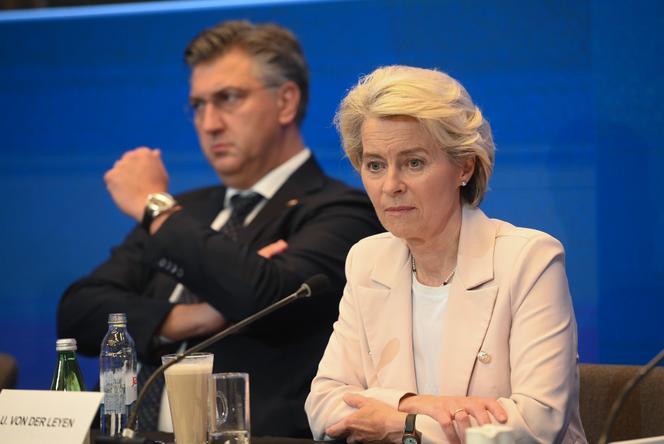


Over the past two years, EU leaders have embarked on a veritable legislative marathon to establish the European Green Deal and put themselves in a position to comply with the Paris Agreement. In record time, they have passed 32 pieces of legislation – from ending the internal combustion engine in 2035, to the introduction of a carbon border tax – which should enable them to reduce their CO2 emissions by 55% by 2030 compared to 1990, and put them on the road to carbon neutrality by 2050. To meet their roadmap, they still have a good 40 bills to finalize, which are more related to the environment than the fight against global warming.
Of course, some Central and Eastern European countries with carbon-intensive economies, such as Poland and Hungary, were reluctant to sign up, arguing that they could not go as far as their Western partners. But until recently the European Green Deal kept moving forward, through good times and bad. In recent weeks, however, progress has become more hesitant, and its pace has been called into question.
French President Emmanuel Macron, the first of a strong majority of European Union (EU) member state leaders to bear the implications of a proactive climate policy, launched the offensive on May 11 by calling for a "regulatory pause." In the same vein, another liberal, Belgian Prime Minister Alexander De Croo, proposed "pressing the pause button" on biodiversity-related issues.
On the political right, European heads of state and government leaders – Nikos Christodoulides (Cyprus), Krisjanis Karins (Latvia), Ulf Kristersson (Sweden), Kyriakos Mitsotakis (Greece), Karl Nehammer (Austria), Petteri Orpo (Finland), Andrej Plenkovic (Croatia) and Leo Varadkar (Ireland) – have followed suit. They all approved, on June 29, a declaration by the European People's Party (EPP) calling for "a regulatory pause" on the Green Deal and for "account to be taken of the new economic and social realities following Russia's attack" on Ukraine, in February 2022.
"We're in the hard part of implementing the Green Deal. There is a question of social acceptability for certain sectors of the population," said a European diplomat. Indeed, the leaders fear that they too will be confronted with a revolt like that of France's Yellow Vest protest movement, which traumatized the Elysée in the winter of 2018-2019. They also have in mind the farmers' revolt movements in the Netherlands that followed the 2022 plan to reduce nitrogen emissions, and also the breakthrough in March's Dutch provincial elections of a new anti-Green Deal party, the Farmer–Citizen Movement (BBB), which turned the local political landscape on its head. And they are worried about the rise in the polls of the AfD (Alternative für Deutschland), the German far-right party that has made the fight against the ban on gas and oil-fired boilers its hobbyhorse.
You have 76.66% of this article left to read. The rest is for subscribers only.
